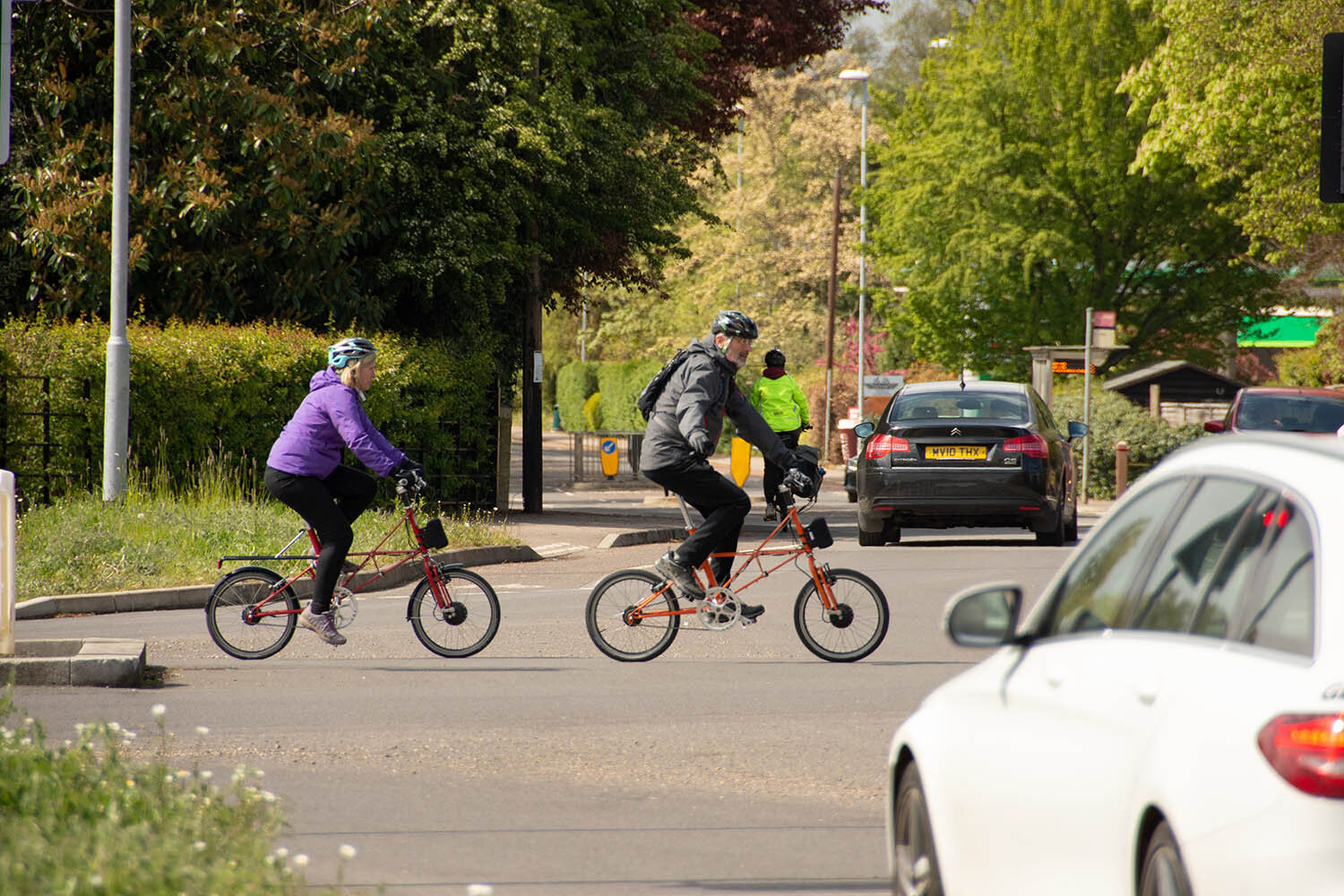The Fuel Crisis and Electric Bikes
The fuel crisis that engulfed the UK at the end of last month may appear like a distant memory now, but the episode has since raised many questions for motorists. While an actual shortage of fuel was not the problem in this case, the concurrent price hikes and immobilisation hint of future disruption.
The crisis had a knock-on effect for the electric vehicle industry too - there was a marked spike in purchasing of electric bikes over those two weeks and reportedly a surge in interest in electric cars as commuters turned to alternate methods of getting about.
Indeed, what seems like another domino falling, the fuel crisis sits as the latest in a series of events pushing commuters toward alternative transport, the most obvious being the pandemic (in 2020, the number of eBikes sold in Britain increased by 68% [figures compiled by the Bike Association also show that the number of electric bike sales outstripped those of electric cars for 2020, with some 160,000 eBikes sold last year]).
In the short term, the gridlock produced by long lines and that caused road chaos obviously impacted electric car drivers, but it was entirely bypassed by those on electric bikes. Furthermore, new buyers of electric bikes have freed themselves of the anxiety that the meter will hit empty before they make it to the petrol station, that is if they were able to find one with fuel first.
Aside from the fuel crisis, the other noted benefits of switching to electric have also contributed to this trend. That electric bikes are markedly better for the environment, not producing emissions whilst idling in traffic or making congestion in cities worse, they are also a great way of improving public health - not just in those who wish to inject more exercise into their transport habits, but for residents benefitting from improved air quality.
Their running costs are far cheaper too. With the cost of oil rising to near a three-year high and likely to surpass the previous record soon, electric bikes are a shrewd investment, and one which is more accessible for many than the other option of an electric car.
However, the caveat remains that the still relatively high price of electric bikes is preventing their wider acceptance (a study in August found that 66% of those asked would be more enticed to buy an electric bike with the help of government subsidies).
Hopefully this will be addressed through the £338 million package that Transport Secretary Grant Shapps recently announced that will be used to grow cycling, as well as the proposed expansion of current electric bike and e-scooter hire schemes that will make alternative micromobility more accessible.
While the fuel crisis could have been avoided, the spectre it has raised of a combustion engine-free Britain should not be feared. As eBike and e-scooter technology matures (increasingly comparing them well to cars as commuter tools) and as supply issues in general drop off, we look forward to seeing how transport patterns change with their impetus and hope that business, government and social factors continue to coalesce and drive the change for the better.

